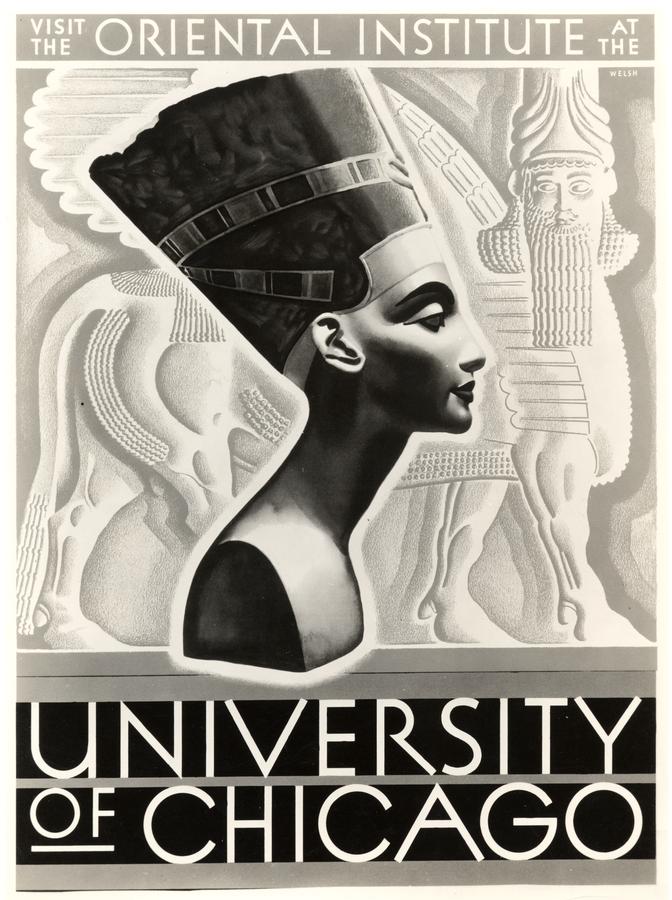English.news.cn 2010-10-29 13:24:29
CHICAGO, Oct. 29 (Xinhua) -- The Oriental Institute Museum of the University of Chicago now offers a Mandarin audio tour to attract more Chinese visitors.
The tour features highlights of the museum to help visitors understand the remarkable artifacts on display from the ancient Middle East.
"It is a great opportunity to show Chicago as such a global city," Joleen Haran, assistant director of tourism at the Chicago Convention and Tourism Bureau, told Xinhua. Haran said that China has been a fast-growing market of international travelers to the United States since both countries signed a Memorandum of Understanding in 2007...

See the chronicle of news about the Oriental Institute.








 Stumble It!
Stumble It!

